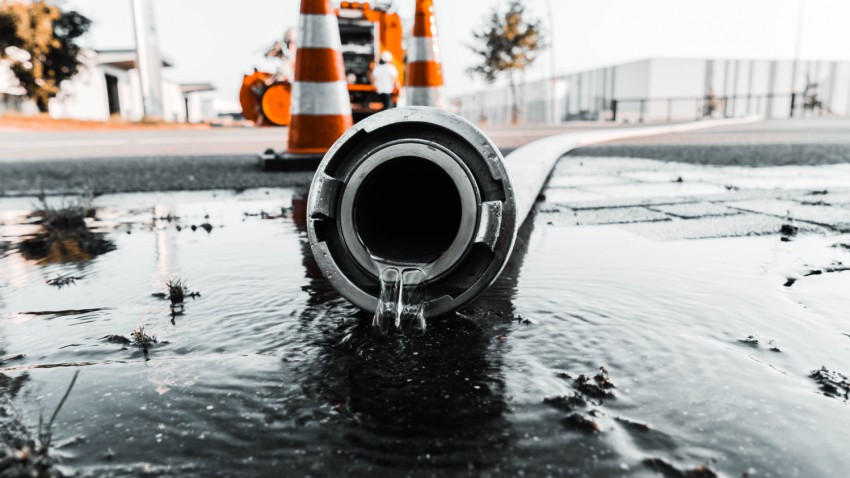 Research Paper
Research Paper
This paper draws on ethnographic research in an urbanizing village called Rawta. Though under the jurisdiction of the South Delhi Municipal Corporation, the livelihood profile of the village straddles the rural-urban divide. The paper challenges the myth of formal water supply as being piped and informal water as being unpiped; both piped and non-piped water supply instead are socially negotiated and dynamic categories. Rawta’s domestic water supply is realized through regimes or configurations of state and non-state actors, technologies and institutions. Engaging with the urban political ecology and transitions studies literature, the paper advances the discourse on (peri)urban water provisioning.